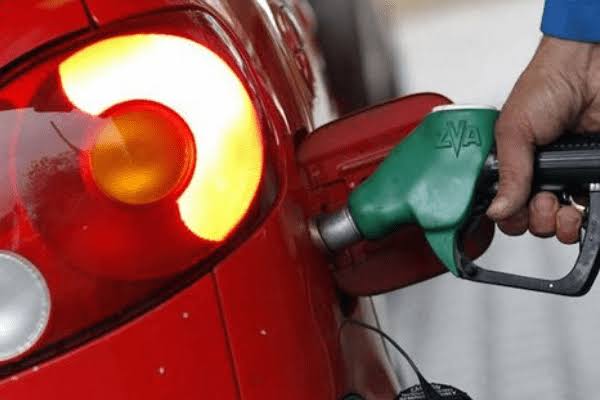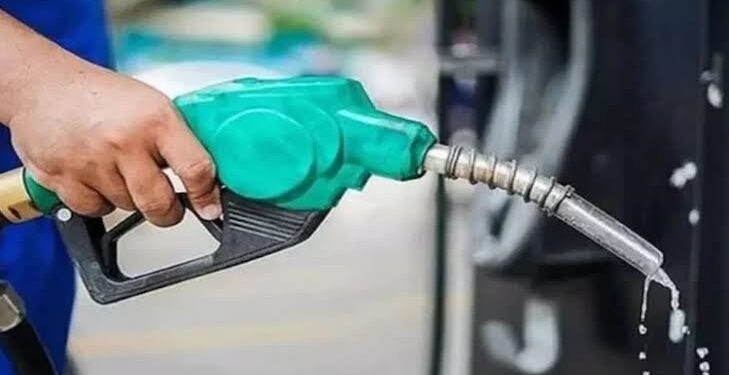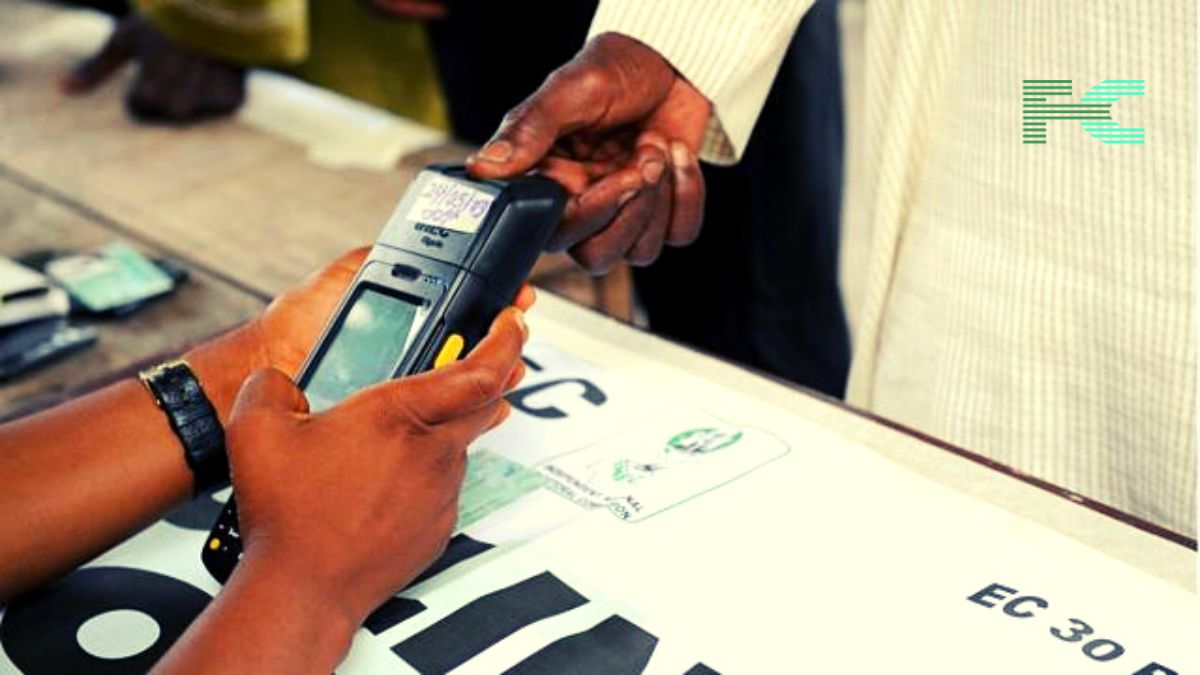The Federal Government has issued a stern warning to oil marketers, threatening to withdraw the licenses of those found guilty of hoarding Premium Motor Spirit (PMS), commonly known as petrol. This comes in response to the ongoing and severe petrol scarcity that has plagued Abuja, Niger, Nasarawa, Kaduna, and many other states.
The scarcity of petrol has been particularly pronounced in Northern Nigeria, where states like Abuja, Niger, and Nasarawa have seen an increasing number of fuel stations shutting down due to a lack of supply. This situation has escalated to the point where many stations are now closed, leaving motorists stranded and causing widespread disruptions.
Government’s Response: Threat of License Revocation
In response to this crisis, the Nigerian Midstream and Downstream Petroleum Regulatory Authority (NMDPRA) has taken a firm stance against oil marketers who hoard fuel or engage in illegal sales to black marketers. The Executive Director of Distribution Systems, Storage, and Retailing Infrastructure at NMDPRA, Ogbugo Ukoha, delivered a clear warning during an inspection tour in Abuja.

Ukoha emphasized the seriousness of the situation, stating that any filling station caught hoarding petrol or selling it to black marketers in jerrycans would face severe consequences, including the withdrawal of their operating licenses. He advised station managers to take this warning seriously and to seek security reinforcements if necessary to ensure compliance with the law.
Ukoha also highlighted the significant safety risks associated with selling petrol to black marketers who dispense the product in jerrycans. He stressed that such practices not only contribute to the fuel scarcity but also pose serious safety hazards, which could lead to accidents or even fatalities. The NMDPRA has made it clear that such actions must be discontinued immediately.
On its official X (formerly Twitter) handle, the NMDPRA reiterated its commitment to cracking down on the illegal sale of petroleum products. The regulator declared a “war against the illegal sale of petroleum products,” particularly the sale of PMS in jerrycans, and warned that any filling station found servicing illegal peddlers would face the suspension of their retail licenses.
Causes of the Fuel Scarcity: Operational and Environmental Factors
The scarcity of petrol in the affected regions has been attributed to several factors. On July 27, the Nigerian National Petroleum Corporation Limited (NNPCL) spokesperson, Olufemi Soneye, explained that the fuel scarcity in Abuja and Lagos was due to a hitch in the discharge operations of several vessels. This disruption in supply chains caused a temporary tightness in fuel availability, particularly in the Federal Capital Territory and parts of Lagos.
Soneye assured the public that NNPCL was working tirelessly with all stakeholders to resolve the issue and restore normalcy in fuel distribution. Despite these efforts, the situation has been exacerbated by adverse weather conditions and flooding, which have disrupted the movement of petroleum products from coastal areas to inland regions, particularly Abuja.
Lingering Scarcity Despite Promises of Resolution
Despite assurances from the NNPCL and other stakeholders, the fuel scarcity has persisted, especially in Northern Nigeria. Many residents in these areas continue to face long queues at petrol stations, with no immediate end in sight to the crisis. The situation has prompted calls for more decisive action from the Federal Government to address the root causes of the scarcity and ensure a stable supply of petrol across the country.
Conclusion
As the fuel scarcity continues to disrupt lives and businesses across Nigeria, the Federal Government’s warning to oil marketers serves as a reminder of the serious consequences of non-compliance with regulations. The NMDPRA’s crackdown on illegal sales and hoarding is a crucial step in addressing the crisis, but sustained efforts will be needed to restore normalcy and prevent future occurrences.

















